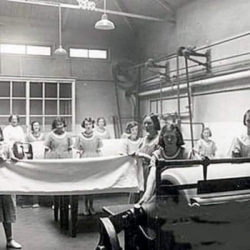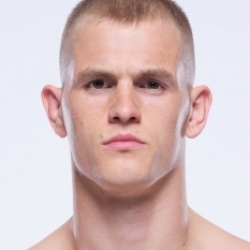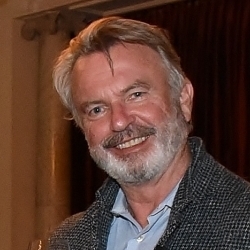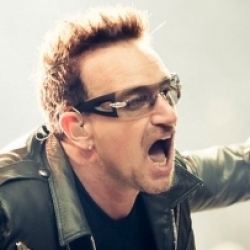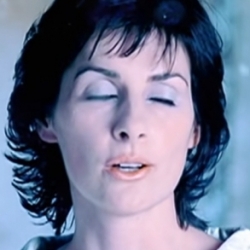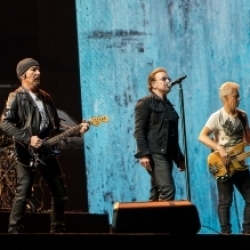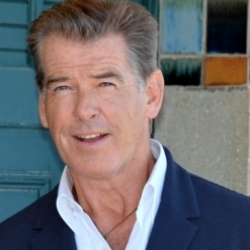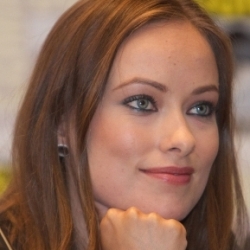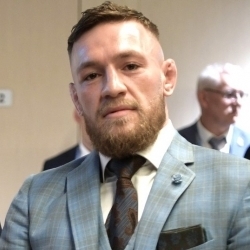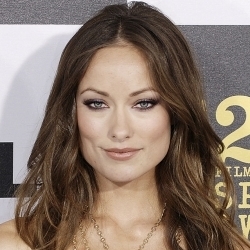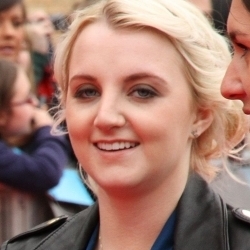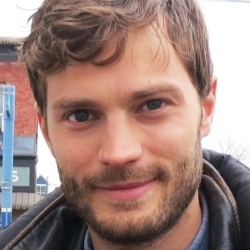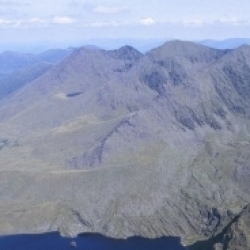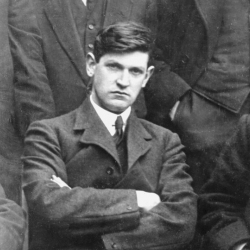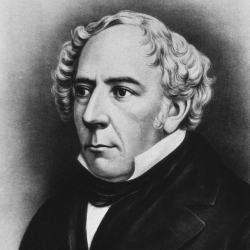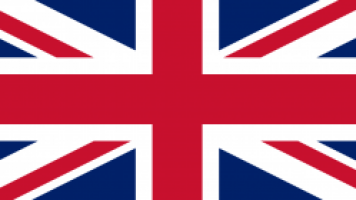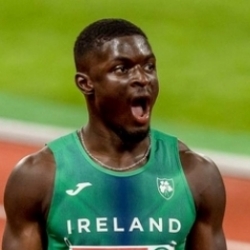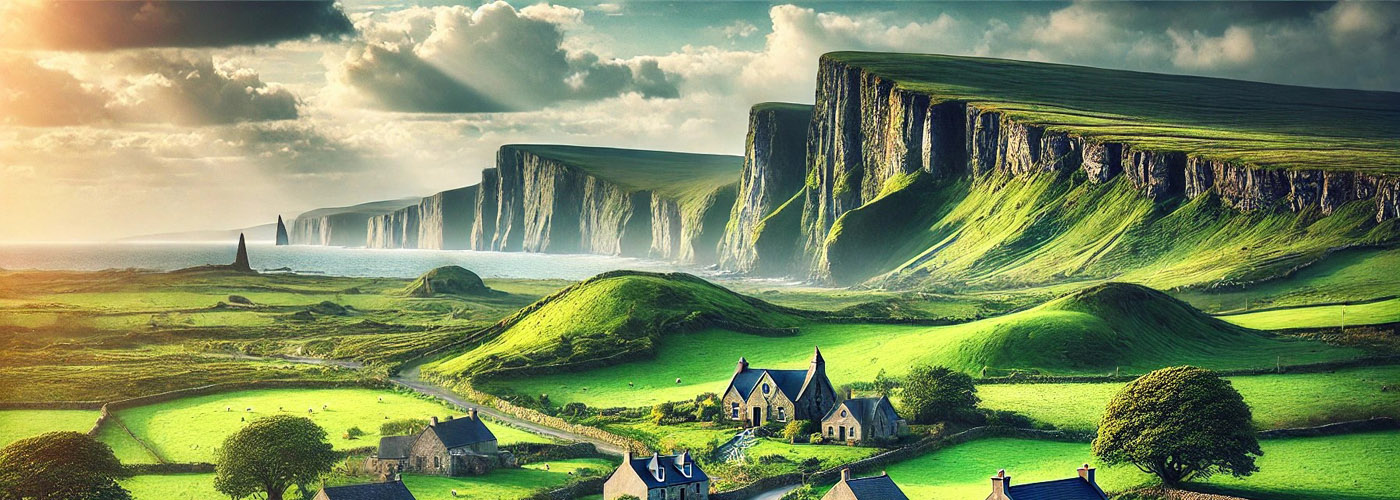
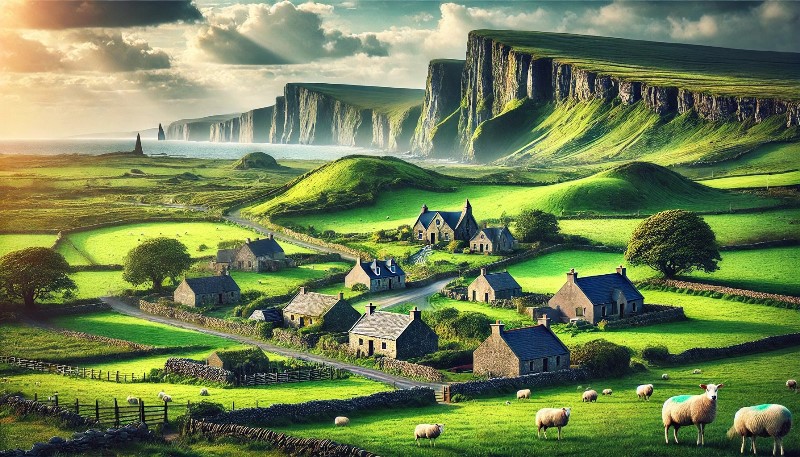
Vote for the best
in Ireland
"Please vote for the best people in this country! If someone is missing, add them and don’t forget to comment. Thank you! Let the whole world know the best from this country. Thank you for your support!"
Last added
The Best Male singer
The Best Female singer
The Best Music Group
The best Athlete
The most beautiful woman
The most beautiful girl
The most beautiful animal
The most beautiful child
Hero of Ireland
2025
Cache full!
Cookies and browser page data must be cleared.
More information in the menu.
The Best Male singer
The most beautiful woman
The most beautiful animal
Hero of Ireland
The Best Female singer
The most beautiful girl
The Best Music Group
The best athlete
The most beautiful child
Ireland's best song
- 1) Hozier - Take Me To Church 7 b
- 2) Sinéad O'Connor - Nothing Compares 2U 6 b
- 3) Hozier - Movement 4 b
- 4) Hozier - As It Was 4 b
- 5) Sinéad O Connor - Sacrifice 3 b
- 6) Enya - Only Time 3 b
- 7) Chris de Burgh - Missing You 3 b
- 8) Feargal Sharkey - You Little Thief 3 b
- 9) Bono Reveals Reason He Always Wears Sunglasses 3 b
- 10) Sinead O'Connor - This is a Rebel Song 3 b
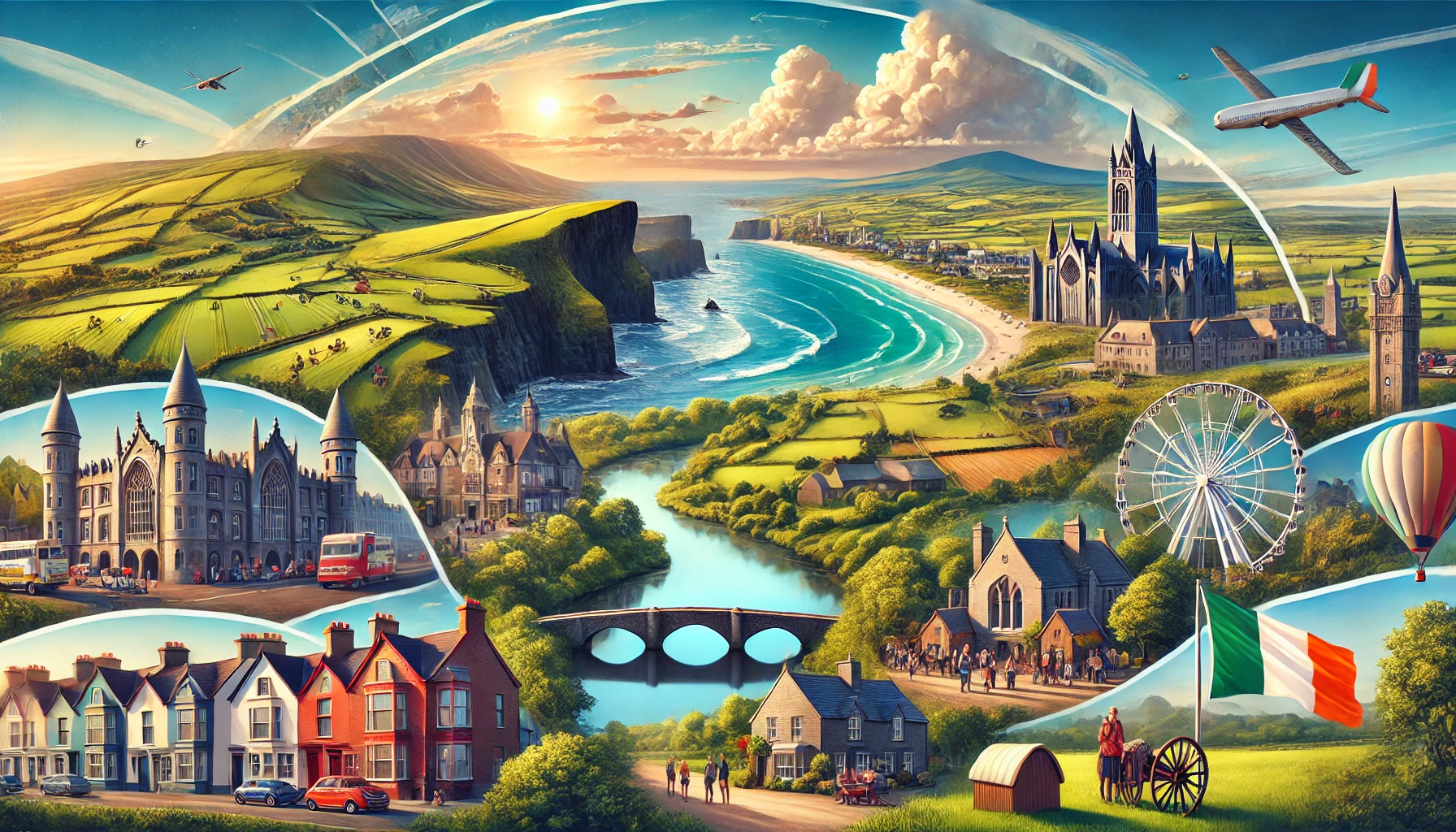
Ireland, known as the Republic of Ireland (Éire in Irish), is a sovereign nation located in Western Europe. It occupies most of the island of Ireland, with Northern Ireland, a part of the United Kingdom, to the north. Ireland is renowned for its rich history, culture, and stunning natural beauty, with its rolling green hills, dramatic coastline, and picturesque countryside. The country is an integral part of European history and continues to make significant contributions to literature, arts, and global diplomacy.
Geography and Demographics
Ireland has a land area of approximately 70,000 square kilometers, making it the third-largest island in Europe. It is surrounded by the Atlantic Ocean, the Irish Sea to the east, and the Celtic Sea to the south. The country is characterized by lush green landscapes, which are a result of its temperate maritime climate. The landscape is dotted with lakes, rivers, and mountains, including the Macgillycuddy’s Reeks, which contain Ireland’s highest peak, Carrauntoohil.
The population of Ireland is around 5 million people, with the majority living in urban areas along the eastern coast, particularly in Dublin, the capital city. Other major cities include Cork, Galway, Limerick, and Waterford. Despite its relatively small population, Ireland has a significant diaspora, with millions of Irish citizens and their descendants living in countries such as the United States, the United Kingdom, Canada, and Australia.
Ireland’s population is predominantly of Irish descent, with a rich cultural heritage that traces back over thousands of years. The official languages are Irish (Gaeilge) and English, with Irish being a compulsory subject in schools, although English is the most widely spoken language. The country is predominantly Roman Catholic, although there is a growing number of people identifying as secular or following other religions, such as Protestantism and Islam.
History
Ireland's history is marked by its long-standing relationship with Britain, which has shaped much of the island’s political, social, and economic landscape. From early settlements and invasions to colonial rule, the struggle for independence, and modern-day sovereignty, Ireland’s history is a tapestry of resilience, conflict, and cultural revival.
Early History and Viking Invasions
Ireland's history dates back over 10,000 years, with evidence of human settlement during the Mesolithic period. By the time of the Celts, around 500 BCE, Ireland had developed a rich cultural identity, with a society based on clans, kingships, and Druidic traditions. The Celts brought a distinct language, religion, and art form to the island, which influenced Irish culture for centuries.
In the early medieval period, Ireland faced multiple Viking invasions, beginning in the 8th century. The Vikings established settlements in cities such as Dublin, Cork, and Limerick, and these became important centers of commerce and culture. Although the Viking influence on Irish culture was significant, Ireland retained its unique Gaelic traditions.
English and Scottish Influence
From the 12th century onwards, the English crown sought to assert control over Ireland, leading to centuries of conflict and tensions between the native Irish population and English settlers. The English introduced feudalism and attempted to impose English law, leading to a long period of resistance from the Irish people. In the 16th and 17th centuries, the Protestant Reformation spread across Europe, and England sought to expand Protestantism to Ireland, leading to significant religious and political tensions.
The 17th century saw widespread conflict, including the Cromwellian conquest of Ireland and the Williamite War. The 1690 Battle of the Boyne, in which the Catholic King James II of England was defeated by the Protestant King William III, marked a significant moment in Irish history and led to centuries of Protestant dominance in Ireland, particularly in the north.
The Struggle for Independence
By the 19th century, Ireland had become an integral part of the British Empire, but a growing nationalist movement began to push for Irish independence. This was fueled by widespread discontent over British rule, the Great Famine of the 1840s, and the suppression of Irish culture and language.
The late 19th and early 20th centuries saw the rise of Irish republicanism, led by figures such as Michael Collins, Éamon de Valera, and James Connolly. In 1916, the Easter Rising, a rebellion against British rule, marked a pivotal moment in the Irish independence movement. Although the rebellion was suppressed, it galvanized support for the cause of Irish independence.
In 1922, following the Anglo-Irish Treaty, the Irish Free State was established as a self-governing dominion within the British Commonwealth. Over time, the Irish Free State gained full independence and was formally renamed the Republic of Ireland in 1949. Northern Ireland, however, remained part of the United Kingdom, and tensions between the Protestant Unionists and Catholic Nationalists in Northern Ireland led to decades of conflict known as "The Troubles."
The Troubles and Peace Process
The Troubles, which took place between the late 1960s and the 1998 signing of the Good Friday Agreement, were marked by violent conflict between Catholic Nationalists, who sought a united Ireland, and Protestant Unionists, who wanted to remain part of the United Kingdom. The violence led to the loss of thousands of lives and deeply affected both Northern Ireland and the Republic of Ireland. The peace process, which involved negotiations and the involvement of the British and Irish governments, eventually led to the Good Friday Agreement, which brought a fragile but lasting peace to Northern Ireland.
Government and Politics
Ireland is a parliamentary democracy, with a president as the head of state and a prime minister, known as the Taoiseach, as the head of government. The President of Ireland, elected every seven years, serves as a ceremonial figure with limited powers. The Taoiseach is appointed by the president and is typically the leader of the largest party in the Dáil Éireann, the lower house of the Irish Parliament.
The Oireachtas, Ireland’s national legislature, consists of two houses: the Dáil Éireann and the Seanad Éireann. The Dáil is made up of 160 members who are directly elected by the people, while the Seanad is made up of 60 members, who are indirectly elected or appointed. Ireland’s political system is dominated by several political parties, including Fianna Fáil, Fine Gael, and Sinn Féin, which reflect different ideologies and regional interests.
Ireland is a member of the European Union (EU) and the United Nations (UN) and plays an active role in international diplomacy, peacekeeping, and human rights advocacy. The country has a strong tradition of neutrality in military conflicts and is one of the most highly regarded peacekeepers in global operations.
Economy
Ireland has a highly developed and modern economy, with a focus on high-tech industries, pharmaceuticals, and financial services. The country’s strategic location within the European Union and its low corporate tax rates have made it an attractive destination for multinational corporations, particularly in the tech, finance, and pharmaceutical sectors. Major global companies such as Google, Apple, Facebook, and Pfizer have significant operations in Ireland.
Agriculture also plays an important role in Ireland’s economy, with the country being a major exporter of dairy products, beef, and cereals. Tourism is another key sector, with millions of visitors each year drawn to Ireland’s picturesque landscapes, historic sites, and cultural festivals.
The global financial crisis of 2008 had a significant impact on Ireland’s economy, but the country has since recovered and is one of the fastest-growing economies in Europe. Despite this, Ireland faces challenges such as rising housing prices, income inequality, and the impact of Brexit on trade and relations with the United Kingdom.
Culture and Society
Ireland has a rich and vibrant cultural heritage, which is celebrated through music, literature, dance, and the arts. Irish music, with its distinct folk and traditional sounds, has achieved global recognition, and musicians such as U2, The Cranberries, and The Dubliners have made significant contributions to popular music. The annual St. Patrick’s Day celebrations, held on March 17th, are one of the most widely recognized cultural events in the world.
Literature has long been a cornerstone of Irish culture, with Ireland being the birthplace of many influential writers, including James Joyce, W.B. Yeats, Samuel Beckett, and Oscar Wilde. Irish literature, both in English and Irish, has made a lasting impact on world culture, with themes of identity, freedom, and social change.
Ireland is also known for its distinctive dance forms, such as Irish stepdance, which has become internationally popular through performances like Riverdance. Traditional Irish art, including visual arts, literature, and folklore, continues to be celebrated, with institutions such as the National Gallery of Ireland and the Irish Museum of Modern Art showcasing the country's artistic achievements.
Conclusion
Ireland is a country rich in history, culture, and natural beauty, with a deep connection to its past and a forward-looking, dynamic future. From its ancient Celtic heritage to its modern role as a global player in trade, diplomacy, and culture, Ireland remains one of the most fascinating and influential nations in Europe. Its commitment to peace, democracy, and social justice continues to define its character, and its diverse and welcoming society offers a model for cooperation, understanding, and resilience in an ever-changing world.
